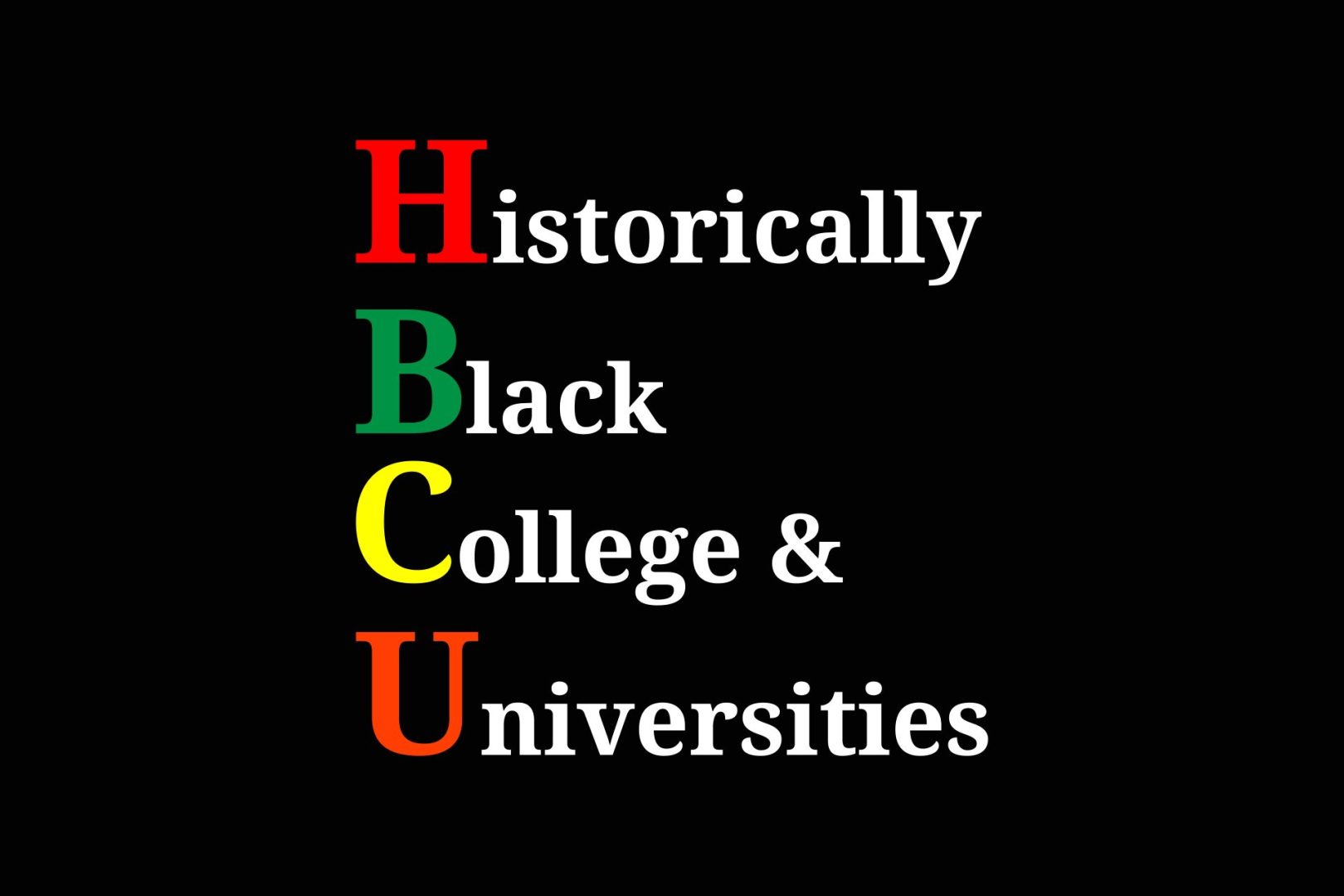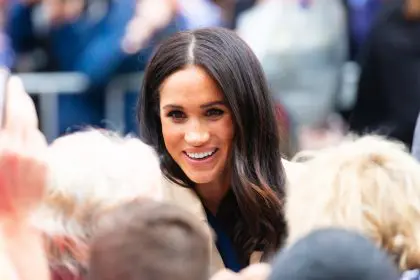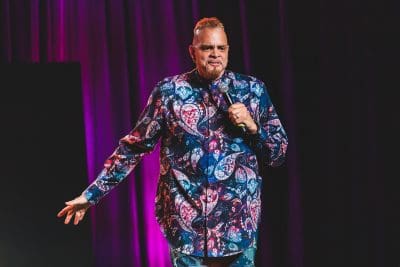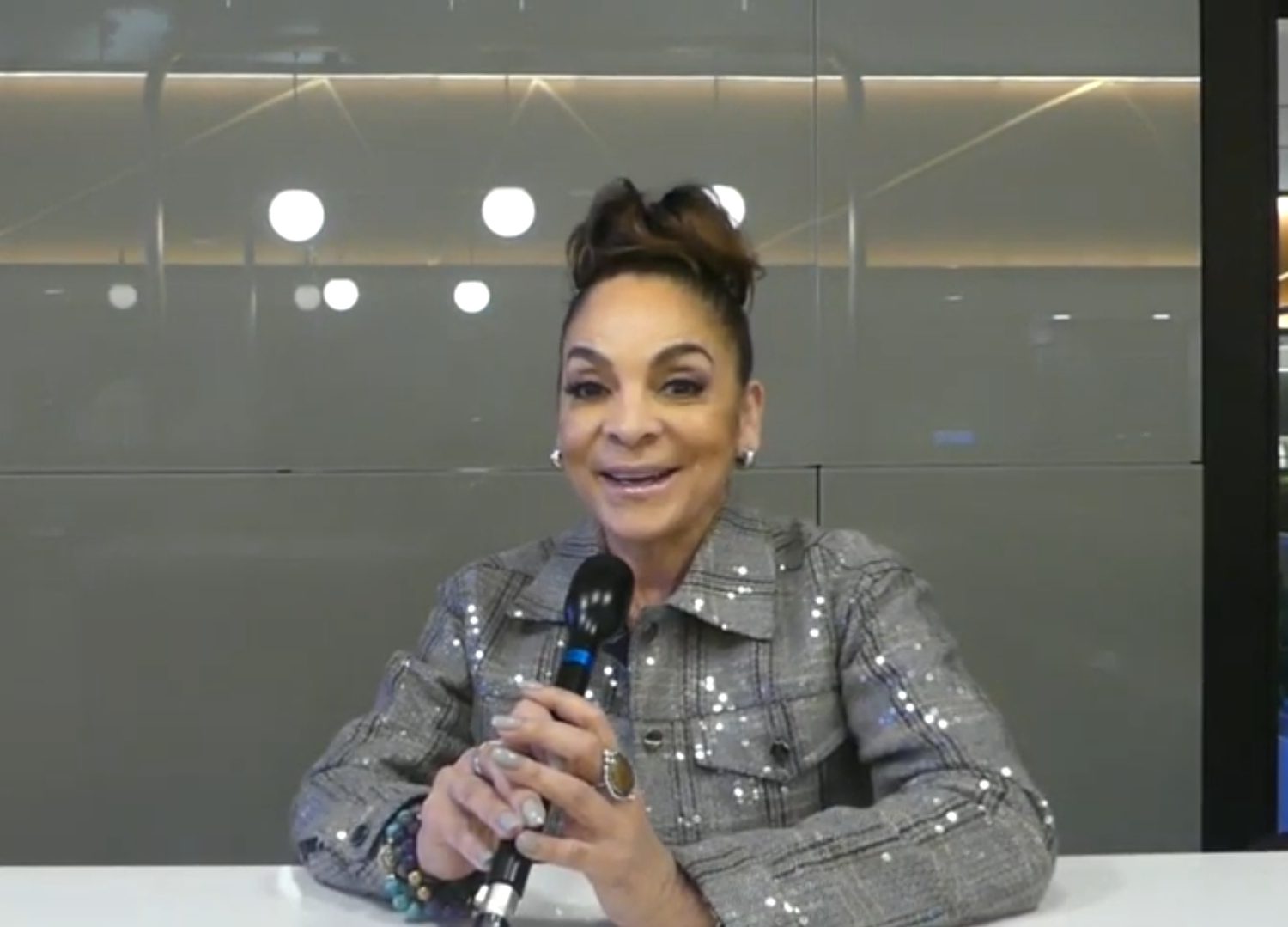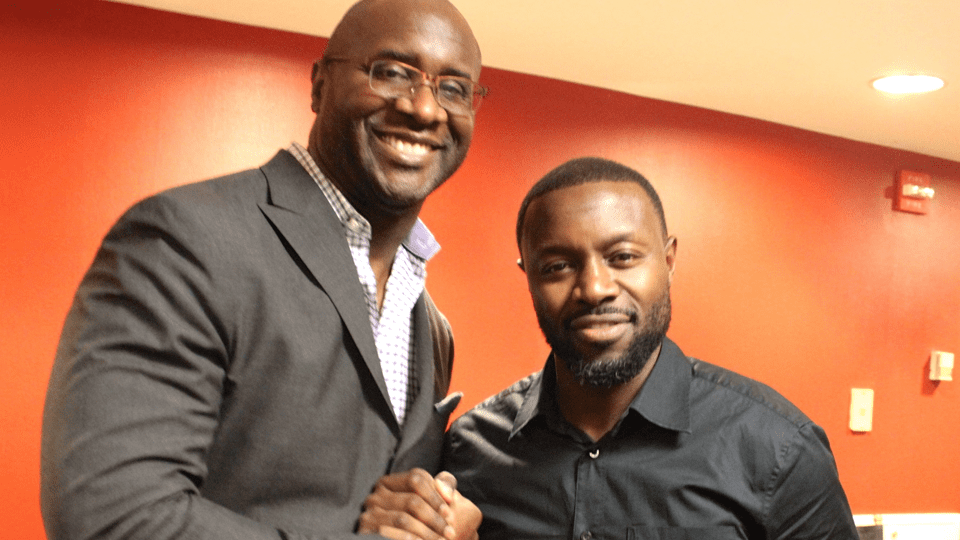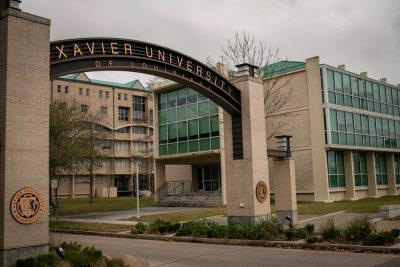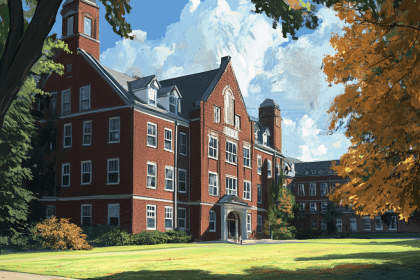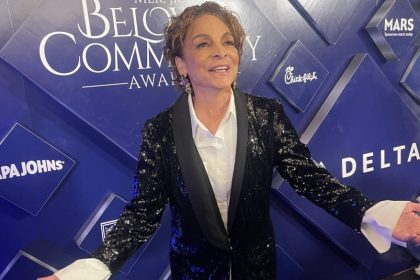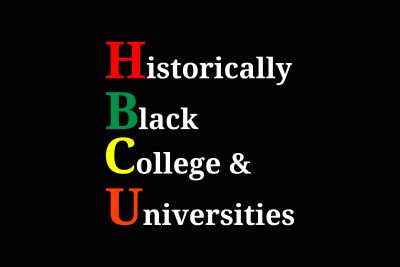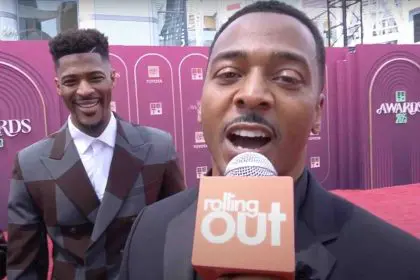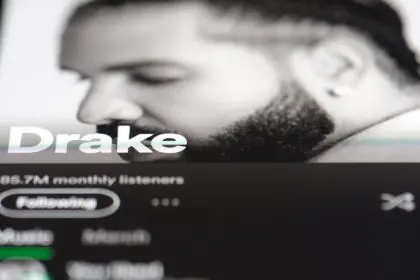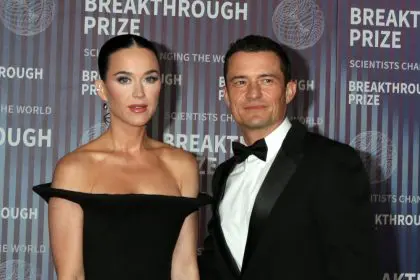Historically Black colleges and universities, or HBCUs, in film were rare but cherished until recently. These institutions — which are in the midst of homecoming season — have been pillars of Black education and culture for over a century, and their portrayal in cinema offers a window into the unique experiences and traditions that shape HBCU life. Let’s journey through the top five movies that capture the essence of HBCUs, reminding us of our roots and the power of Black education.
1. School Daze (1988)
At the top of any list about HBCU-themed films is Spike Lee’s iconic School Daze. Released in 1988, the film was not only a commentary on HBCU life but also a deep exploration of issues such as colorism, classism and Black identity within the college setting. Set at the fictional Mission College, School Daze follows a group of students navigating campus life, fraternal rivalries and political consciousness. The musical numbers, memorable quotes, and characters like Half-Pint and Big Brother Almighty have made this film a cultural landmark. School Daze holds a special place as it captured the energy and spirit of the late 1980s while spotlighting the complexities of Black college experiences. Its exploration of internal community struggles — wrapped in a vibrant, comedic and often musical package — makes it a must-watch, especially for those reflecting on their formative years during this time.
2. Drumline (2002)
Released at the dawn of the 2000s, Drumline became an instant classic for its portrayal of HBCU marching bands and their integral role in campus culture. Starring Nick Cannon as Devon Miles, a talented but undisciplined drummer from New York, the film highlights the high-stakes world of college marching bands at Atlanta A&T University, a fictional HBCU. For many, especially Black Millennials who came of age in the early 2000s, Drumline was a film that emphasized discipline, teamwork and the sense of family that HBCUs foster. The competitive dynamics — combined with the electrifying halftime performances — resonated with viewers who either experienced or aspired to that vibrant college life. It also sparked a newfound appreciation for the art and athleticism behind HBCU band culture, making it a beloved favorite.
3. The Great Debaters (2007)
Though not specifically centered on the HBCU experience in the same way as School Daze or Drumline, The Great Debaters shines a light on the academic rigor and intellectual pride that HBCUs have cultivated over the decades. Directed by Denzel Washington and inspired by a true story, the film follows the debate team of Wiley College, a small HBCU in Texas, as they rise to national prominence during the 1930s. The Great Debaters is a powerful reminder of the resilience and brilliance of Black students during a time when racial segregation and oppression were deeply entrenched in American society. This film serves as a tribute to the long-standing tradition of excellence within HBCUs, reminding audiences of the important roles these institutions have played in developing leaders and change-makers.
4. Stomp the Yard (2007)
Following in the footsteps of Drumline and released in the same year as The Great Debaters, Stomp the Yard brought a different aspect of HBCU life to the big screen: stepping and Greek life. The film stars Columbus Short as DJ, a young man from Los Angeles who joins the fictional Truth University after the tragic death of his brother. Through his involvement in stepping, DJ not only finds brotherhood and a sense of purpose but also confronts issues of grief, identity and belonging. The film’s portrayal of step culture — which is an integral part of Black fraternity and sorority life — resonated with those who were either active in or aware of these organizations. The dynamic choreography and the themes of unity and self-discovery make Stomp the Yard a cultural touchstone.
5. “A Different World” (1987-1993)
While technically a television show and not a movie, it’s impossible to discuss films and media that have shaped perceptions of HBCUs without mentioning “A Different World.” Premiering in 1987 as a spinoff of “The Cosby Show,” the series centered on the students of the fictional Hillman College. The show tackled everything from romance and friendships to more serious issues such as racism, sexism and HIV awareness. For Black Gen Xers and subsequent generations, “A Different World” was more than just entertainment — it was aspirational. It depicted a world where Black students could thrive, make mistakes and grow in a supportive and empowering environment. Watching reruns of the show in the 1990s solidified its place as a cultural touchstone, influencing their perceptions of college life and the possibilities that HBCUs offered.
Films and shows that spotlight HBCUs are more than just entertainment; they are reflections of culture, community, and history. Whether through the socially conscious lens of School Daze or the rhythmic excitement of Drumline and Stomp the Yard, these movies and shows continue to celebrate the essence of Black college life and the lasting impact of HBCUs on generations of students.

